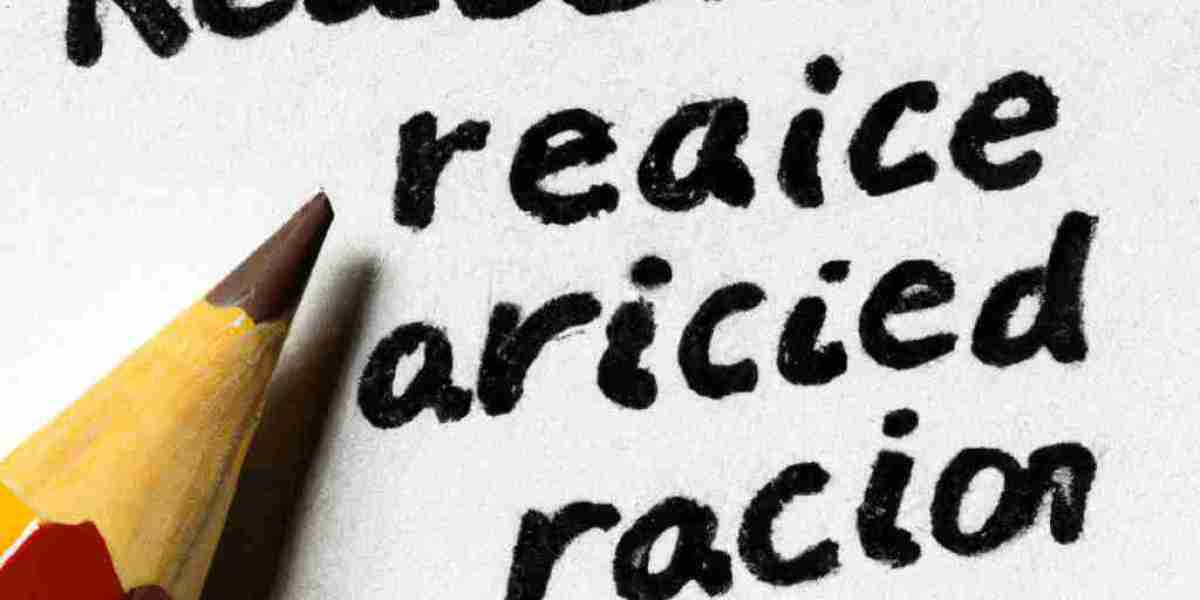Disadvantages of Racism and Criticism
Introduction
Racism and criticism are two interconnected issues that have been prevalent throughout history. Racism, in its various forms, promotes discrimination and unfair treatment based on race or ethnicity. Criticism, on the other hand, involves the analysis and evaluation of individuals or groups, often resulting in negativity and harm if done without proper understanding and empathy. This article delves into the disadvantages associated with racism and criticism, shedding light on the detrimental effects they have on individuals and society as a whole.
1. Division and Social Unrest
Racism inherently creates division and fosters social unrest within a community or society. By labeling certain ethnicities as inferior or superior, it creates a sense of "us versus them" mentality, leading to discrimination, hatred, and violence. This division and unrest hinder social cohesion and progress, preventing collaborative efforts towards a just and harmonious society.
2. Marginalization and Inequality
Racism perpetuates marginalization and inequality within society. Discrimination based on race limits access to resources, opportunities, and quality education, resulting in the perpetuation of socio-economic disparities. Marginalized groups face barriers in employment, housing, and healthcare, leading to unequal outcomes and limited upward mobility. This systematic inequality hampers social justice and reinforces an unjust power structure.
3. Mental and Emotional Impact
Racism and criticism have significant mental and emotional consequences on individuals affected by it. Constant exposure to racism can lead to feelings of self-doubt, low self-esteem, anxiety, and depression. The emotional toll of experiencing discrimination, prejudice, and biased criticism can have long-lasting effects on mental well-being, hindering personal growth and overall happiness.
4. Undermining Unity and Diversity
Racism and unfair criticism hinder the celebration of diversity and undermine efforts towards unity. Every individual brings unique perspectives, talents, and contributions to society. By promoting racism and engaging in unwarranted criticism, we limit the appreciation and inclusion of diverse voices. Fostering an environment that embraces diversity and unity leads to a stronger, more innovative society.
5. Economic Consequences
Racism and criticism also have economic repercussions. When individuals or groups face discrimination based on their race, their economic opportunities are limited, hindering the growth potential of communities and societies as a whole. Unjust criticism can damage reputations and hinder professional growth, preventing individuals from reaching their full potential. Embracing diversity and equal opportunities, on the other hand, enriches society and promotes economic prosperity.
Conclusion
Racism and criticism pose significant disadvantages to individuals and society, perpetuating division, inequality, and social unrest. By understanding the negative impact and consequences associated with these practices, we can work towards fostering an inclusive, harmonious society that values diversity, equality, and empathy. It is crucial to educate ourselves, challenge our biases, and promote acceptance and understanding to overcome these challenges and build a better future for all.







